Studying in Australia offers a unique and enriching experience for international students. With its world-class education system, diverse culture, and beautiful landscapes, Australia is an attractive destination for students from around the globe. Here’s a comprehensive guide on how to study in Australia, including information on universities, the application process, costs, and student life. Australia is not only a student destination but overall a dynamic and technologically vibrant country that offers a good educational and career life to students from all over the world.
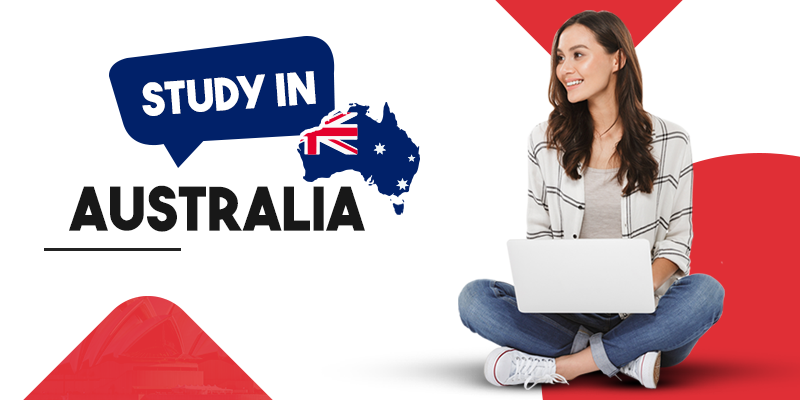
Studying in Australia offers a unique and enriching experience for international students. With its world-class education system, diverse culture, and beautiful landscapes, Australia is an attractive destination for students from around the globe. Here’s a comprehensive guide on how to study in Australia, including information on universities, the application process, costs, and student life.
Australia is not only a student destination but overall a dynamic and technologically vibrant country that offers a good educational and career life to students from all over the world.
Australia is a highly sought study destination for Nepalese students due to its excellent education, quality lifestyle, and welcoming atmosphere. It attracts students from around the world, including Nepal, who are looking for a top-notch education.
With a wide range of courses and over 1,100 institutions, including prestigious universities, Australia offers an exceptional educational environment. It covers diverse study areas and provides abundant opportunities for international students to pursue their desired fields, such as language, nursing, and medicine.
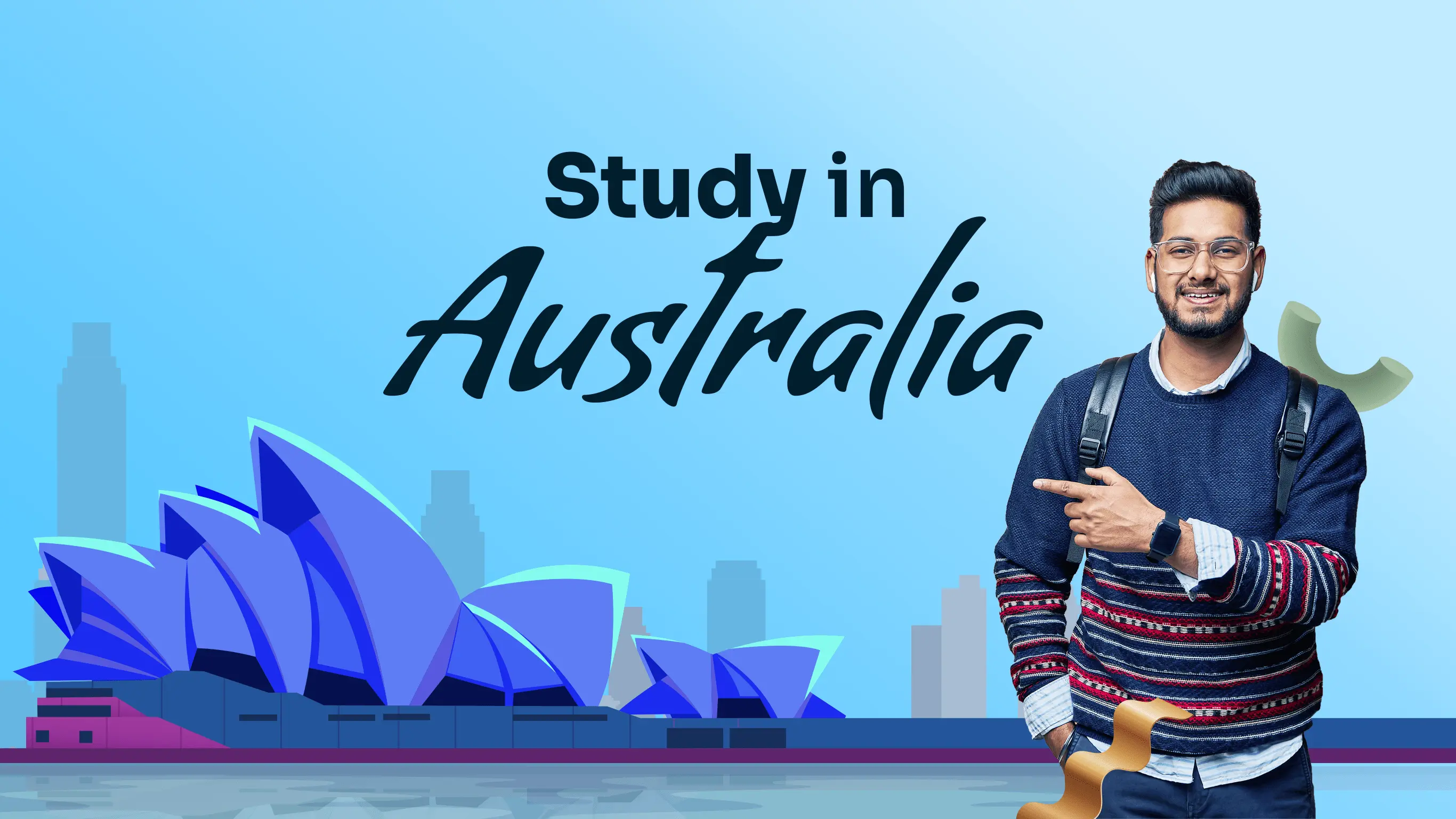
- High-Quality Education: Australian universities are known for their high academic standards and are consistently ranked among the top in the world.
- Wide Range of Programs: Australia offers a diverse range of programs at various levels, from undergraduate to doctoral degrees.
- Cultural Diversity: Experience a multicultural environment with students from all over the world.
- Work Opportunities: International students can work part-time during their studies and full-time during breaks. There are also pathways to stay and work in Australia after graduation.
- Beautiful Environment: Enjoy Australia’s natural beauty, from stunning beaches to vibrant cities and unique wildlife.
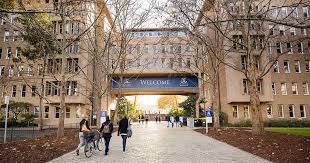
Top Universities in Australia
Some of the top universities include:
| University | Location | Notable Programs |
| University of Melbourne | Melbourne, Victoria | Arts, Business, Engineering, Medicine |
| Australian National University | Canberra, ACT | Science, Engineering, International Relations |
| University of Sydney | Sydney, New South Wales | Law, Medicine, Arts, Business |
| University of New South Wales | Sydney, New South Wales | Engineering, Business, Arts, Science |
| University of Queensland | Brisbane, Queensland | Medicine, Science, Engineering, Arts |
| University of Western Australia | Perth, Western Australia | Science, Arts, Engineering, Business |
| University of Adelaide | Adelaide, South Australia | Engineering, Arts, Science, Business |
| Monash University | Melbourne, Victoria | Business, Law, Education, Engineering |
| University of Technology Sydney | Sydney, New South Wales | Marine and Antarctic Studies, Arts, Business |
| University of Tasmania | Hobart, Tasmania | Marine and Antarctic Studies, Arts, Business |
Program Levels
- Undergraduate Degrees: Typically 3-4 years.
- Graduate Degrees: Master’s programs usually take 1-2 years, while Ph.D. programs can take 3-4 years.
- Diplomas and Certificates: Shorter programs focusing on specific skills or qualifications.
Research Programs - University Websites: Check the official websites of universities for detailed information about programs, courses, and faculty.
- University Rankings: Look up rankings on platforms like QS World University Rankings and Times Higher Education.
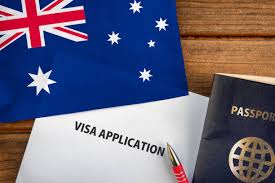
1. Steps to Apply
- Research Programs and Universities: Identify programs that align with your academic and career goals.
2. Check Requirements: Each university and program will have specific admission requirements:
- Academic Transcripts: From previous institutions.
- Letters of Recommendation: Typically 2-3 letters from academic or professional references.
- Personal Statement: An essay outlining your goals and motivations.
- English Language Proficiency: Test scores from IELTS, TOEFL, or PTE.
- Resume/CV: Detailed academic and professional background.
3. Apply Online: Submit your application through the university’s online portal or a centralized application service like UAC for New South Wales and ACT universities.
4. Pay Application Fee: Usually ranges from AUD 50 to AUD 150.
5. Submit Documents: Ensure that all required documents are submitted.
6. Wait for an Offer: You will receive a letter of offer if you meet the requirements.
7. Accept the Offer: Sign the acceptance agreement and pay the deposit.
Application Deadlines
- Undergraduate Programs: Deadlines are usually in August to October for the following year’s intake.
- Graduate Programs: Deadlines vary by program but are often in October to December for Semester 1 intake.
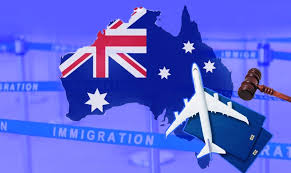
Applying for a Student Visa (Subclass 500)
1. Receive an Offer: Obtain a Confirmation of Enrollment (CoE) from your university.
2. Health Insurance: Arrange for Overseas Student Health Cover (OSHC).
3. Prepare Documents:
- Confirmation of Enrollment (CoE): Proof of acceptance into a course.
- Valid Passport: Must be valid for the duration of your stay.
- Visa Application Form: Form 500.
- Visa Application Fee: AUD 650.
- Proof of Funds: Demonstrate you have enough money to cover tuition fees, living costs, and travel expenses.
- English Language Proficiency: Evidence of English language skills.
- Health Requirements: Medical exams may be required.
4. Apply Online: Submit your application via the ImmiAccount portal.
5. Attend an Interview (if required): Some applicants may be asked to attend an interview or provide additional information.
Visa Processing Time
- Typical Processing Time: 1-3 months, but it can vary based on individual circumstances.
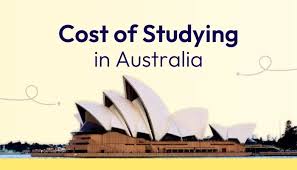
Tuition Fees
| Program Level | Estimated Tuition Fees |
| Undergraduate | AUD 20,000 to AUD 45,000 per year |
| Graduate | AUD 22,000 to AUD 50,000 per year |
| Diplomas/Certificates | AUD 10,000 to AUD 25,000 per year |
Living Expenses
- Accommodation: AUD 8,000 to AUD 15,000 per year.
- Food: AUD 3,000 to AUD 5,000 per year.
- Health Insurance: AUD 500 to AUD 1,000 per year.
- Other Expenses: AUD 2,000 to AUD 4,000 per year for transport, books, and personal costs.
Total Estimated Cost
- Undergraduate: AUD 31,500 to AUD 66,000 per year.
- Graduate: AUD 32,500 to AUD 67,000 per year.
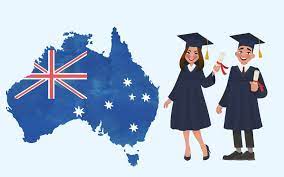
Types of Financial Aid
- University Scholarships: Many universities offer scholarships based on academic merit or financial need.
- Australian Government Scholarships:
- Research Training Program (RTP): Scholarships for research degrees.
- External Scholarships: Look for opportunities from organizations like the Fulbright Program, Rotary International, and private foundations.
- Australia Awards: Government-funded scholarships for international students.
Scholarship Resources
- Study in Australia Scholarships
- University Scholarship Pages

Housing Options
- On-Campus: University-managed accommodation.
- Off-Campus: Private rentals, shared houses, or apartments.
- Homestay: Live with an Australian family for an immersive experience.
Healthcare - Overseas Student Health Cover (OSHC): Mandatory health insurance for international students.
Transportation - Public Transport: Buses, trains, and trams are available in most cities.
- Bicycle/Scooter: Popular for short commutes.
Cultural Experience
- Explore Australia: Enjoy beaches, national parks, and vibrant cities.
- Cultural Activities: Engage in local events, festivals, and student clubs.
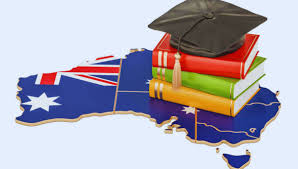
Post-Study Work Visa (Subclass 485)
Duration: 2-4 years depending on your qualifications and location of study.
Eligibility: Graduates of eligible Australian educational institutions.
Pathways to Permanent Residency
Skilled Migration Program: Points-based system for skilled workers.
Employer Sponsorship: Opportunities for employers to sponsor skilled workers for a permanent visa.
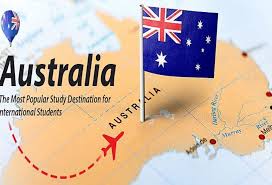
| Resource | Description |
| Study in Australia | Official government website for international students. |
| Australian Universities | Information on Australian universities and their programs. |
| University Rankings | QS World University Rankings and other rankings. |
| ImmiAccount | Online portal for visa applications. |
| OSHC Providers | Information on Overseas Student Health Cover. |
| Scholarships Australia | External scholarships and funding opportunities. |
Summary Table
| Aspect | Details |
| Top Universities | University of Melbourne, ANU, University of Sydney, UNSW, UQ, UWA, Monash |
| Program Levels | Undergraduate, Graduate, Diplomas/Certificates |
| Application Fees | AUD 50 to AUD 150 |
| Tuition Fees |

